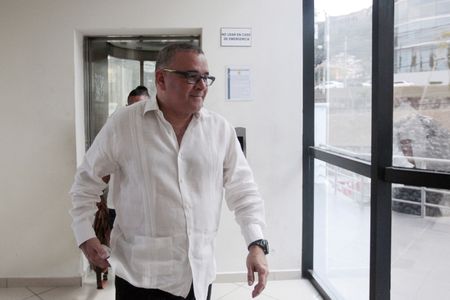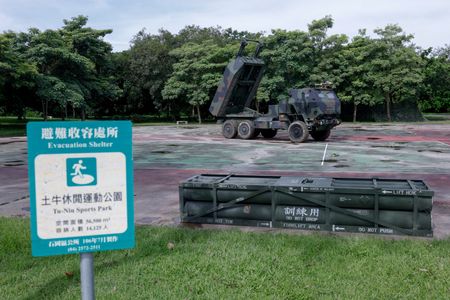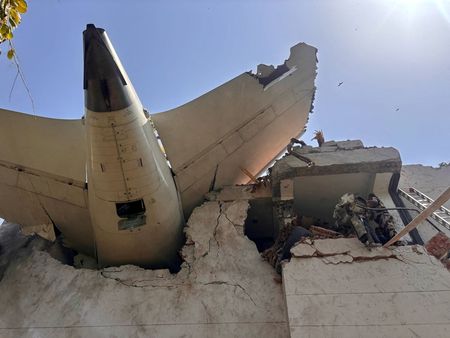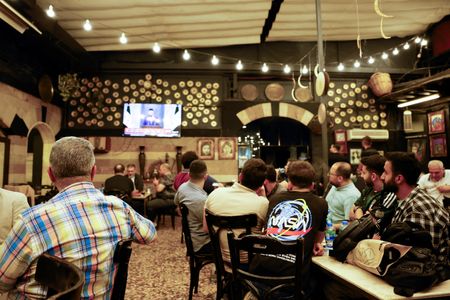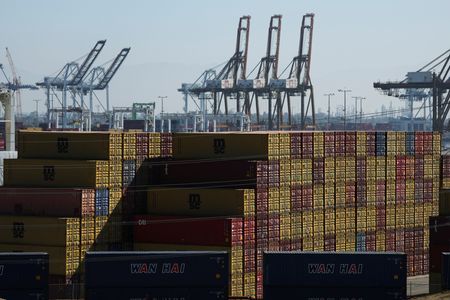(Reuters) -Former Salvadoran president, Mauricio Funes, died late on Tuesday in Nicaragua, where the leftist leader had been living since 2016 to avoid corruption charges in his home country. He was 65.
Nicaraguan authorities confirmed the death of Funes, who was president of El Salvador from 2009 to 2014, in a statement on the government’s official website.
Funes died from a “serious chronic illness,” the statement said, without providing further details.
He fled El Salvador for Nicaragua nearly a decade ago, after Salvadoran prosecutors began a criminal investigation into alleged corruption charges, which resulted in five arrest warrants against him.
Funes was born in San Salvador in October 1959.
He taught in Catholic schools after graduating from the Jesuit University of Central America (UCA) with a degree in literature, before gaining notoriety as an award-winning journalist.
He began as a war reporter and was a correspondent for CNN, but he was best known for in-depth interviews with politicians and exposing corruption on his popular interview show.
After two decades of journalism, Funes retired to run in the 2009 presidential race for the former leftist Farabundo Marti National Liberation Front (FMLN), which formed during the country’s 1979-1992 civil war.
The FMLN was a cornerstone of Salvadoran politics for decades before President Nayib Bukele’s New Ideas party disrupted the country’s two-party system and took control of all branches of government.
During Funes’ five-year term he developed different social, educational and health programs but his administration was marred by a gang pact he negotiated, in which his administration gave gang leaders benefits in exchange for a drop in homicides.
By the end of his term in 2014, Funes faced several legal proceedings for allegedly embezzling millions, receiving kickbacks, money laundering, paying bribes, tax evasion and disclosing confidential documents.
He called the charges political persecution from the Salvadoran right and in 2016 fled to Nicaragua with his family.
Funes was granted Nicaraguan nationality, shielding him from extradition.
In May 2023 Bukele’s administration, itself accused of making deals with gangs like the MS-13, sentenced him to 14 years in prison in absentia for the gang pact.
Funes would often spar on social media with Bukele.
In 2014 the FMLN, led by President Salvador Sanchez Ceren, remained in power. But in 2019 the populist, authoritarian-leaning Bukele won a landslide election victory, in what was largely seen as a resounding rejection of the FMLN.
In last year’s congressional elections, the FMLN did not win a single seat.
Sanchez Ceren is also currently in exile in Nicaragua.
(Reporting by Gabriela Selser; Writing by Sarah Kinosian; Editing by David Alire Garcia, Bernadette Baum and Nia Williams)

